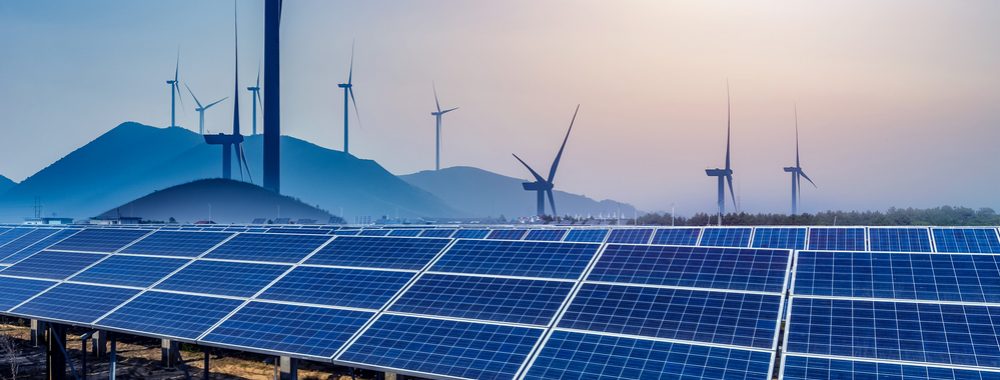In the midst of the worst wildfire season in Canadian history, Alberta announced a 7-month moratorium on new renewable energy projects over 1 megawatt.

The reason for doing so according to the provincial government was to allow time to study and address concerns regarding land reclamation, development on agricultural lands and system reliability.
In order to mitigate the effects of the climate crisis, it is critical that we transition away from fossil fuels towards clean energy sources, while at the same time investing in other climate solutions like public transit and energy efficiency. The majority of the world’s CO2 emissions comes from burning fossil fuels, whether for electricity, driving cars or heating buildings. UN Secretary General Antonio Guterres has repeatedly called on countries to stop approving new fossil fuel projects and to invest in clean energy sources like wind and solar in order to avert the worst impacts of the climate crisis.
Scientists have been making the link between warming temperatures and more frequent and intense wildfires for decades. The announcement by the Alberta government not only comes at a time when Canada and Alberta are experiencing unprecedented wildfires, but when heat records and extreme climate events are happening all over the world- from Hawaii to Asia to Europe. July 2023 set the record for the hottest month in global recorded history.
The Alberta government is clearly out of touch when it comes to the urgency on addressing the climate emergency. We need to be doing everything within our power to reduce climate pollution and speed up the transition to clean energy, not hinder it.
That’s not to say some of the concerns around renewable energy development aren’t valid, however the concerns likely could have been addressed without announcing a full stop on industry, according to experts. In many cases these are issues industry is already working on.
In some cases these concerns might be less valid; for example grazing can happen on land with wind turbines.
It’s hard to also not view the decision as being both hypocritical and ideological. For example there are thousands of orphan oil wells in Alberta that have been abandoned by industry that both emit methane pollution and are capable of contaminating groundwater. While the provincial government defends it’s decision to halt renewable energy development, it’s hard to imagine a UCP government announcing a 7-month pause on oil and gas development despite there being similar and arguably far more serious concerns.

The decision will also have a chilling effect on jobs and investment in Alberta, in a province that prides itself on free market economics. According to the Pembina Institute, the announcement puts 91 projects worth $25 billion in investment and tens of thousands of jobs at risk. The fear is that this announcement could scare off potential future investors as well, as decisions like this create anxiety around uncertainty.
Despite being known as an oil and gas province, Alberta is actually leading Canada when it comes to renewable energy development. Part of the reason for this is due to their plentiful amounts of wind and sunshine, but also because of their unique electricity system where companies can make deals directly with private power producers to buy electricity from them. The financial security provided by the contracts helps producers build more renewable energy projects without having to worry about market risks. This differs from provinces where there is a monopoly, which is often government-owned. In this scenario the decision to build more clean energy comes solely down to that company.

Alberta has seen steady growth in both renewable energy capacity and jobs in the past number of years, and it is on track to phasing out coal-fired electricity before its 2030 target. That being said Alberta has also seen steady growth in fossil gas generation, which is a fossil fuel that is also highly polluting and environmentally destructive. However it is only a matter of time before renewables get even cheaper and start to outcompete gas.
The announcement comes just days after the federal government announced its plans for a net-zero electricity grid by 2035. Alberta has probably been the most vocal province against this piece of legislation, along with Saskatchewan. Alberta is the biggest emitter of C02 in Canada, largely due to the oil and gas sector, which represent the largest share of emissions in Canada.

The energy transition is happening regardless of hurdles like this one by the Alberta government. This has as much to do with economics as it does policy; renewable energy is getting cheaper, battery storage is improving and people are looking to cheaper options to power their home or vehicle.
In an age of climate extremes, we need our political leaders to be saying we should do more to reduce emissions and address the climate crisis, not less.
To get new posts directly to your inbox, make sure to subscribe to this blog.
